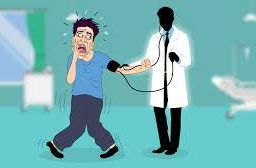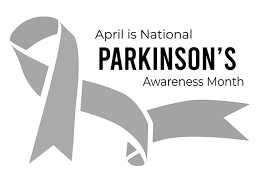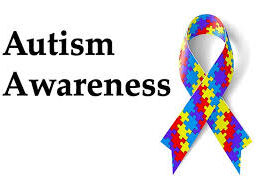
Deep Vein Thrombosis Awareness: Causes, Symptoms, and Prevention
Welcome to Deep Vein Thrombosis Awareness Month, where we shed light on a critical health concern affecting millions. This month-long initiative aims to enhance understanding of the causes, symptoms, and preventive measures associated with Deep Vein Thrombosis (DVT). Join us in fostering awareness and empowering individuals to prioritize their vascular health for a safer and healthier future.

March 1st to March 31st marks Deep Vein Thrombosis Awareness Month. It is a serious medical condition that affects millions of people each year. During this month, it is important to raise awareness about the causes, symptoms, and treatments of DVT.
Causes of Deep Vein Thrombosis
Deep-Vein Thrombosis  is caused by a blood clot in a deep vein, usually in the legs. It can be caused by a variety of factors, including prolonged sitting or standing, certain medications, obesity, smoking, and certain medical conditions. It is important to be aware of these risk factors so that people can take steps to reduce their risk of developing DVT.
is caused by a blood clot in a deep vein, usually in the legs. It can be caused by a variety of factors, including prolonged sitting or standing, certain medications, obesity, smoking, and certain medical conditions. It is important to be aware of these risk factors so that people can take steps to reduce their risk of developing DVT.
Symptoms of DVT
The symptoms of DVT can vary from person to person, but they usually include swelling in the affected area, pain or tenderness in the affected area, and redness or discoloration of the skin. It is important to be aware of these symptoms so that people can seek medical attention if they experience any of them. In conclusion, raising awareness about Deep-Vein Thrombosis is important in order to help people recognize the risk factors and symptoms of DVT. By understanding the causes and symptoms of DVT, people can take steps to reduce their risk and seek medical attention if necessary. During Deep-Vein Thrombosis Awareness Month, it is important to spread the word about this serious medical condition in order to help people stay safe and healthy.
Disclaimer: The information provided in this content is for general informational purposes only. It is not intended as medical or healthcare advice, diagnosis, or treatment. Always seek the advice of a qualified healthcare professional with any questions you may have regarding a medical condition or healthcare decisions.
















